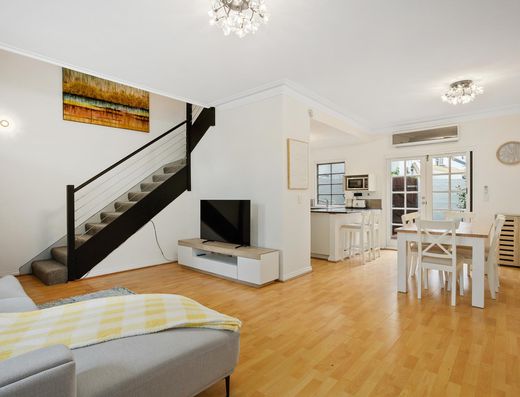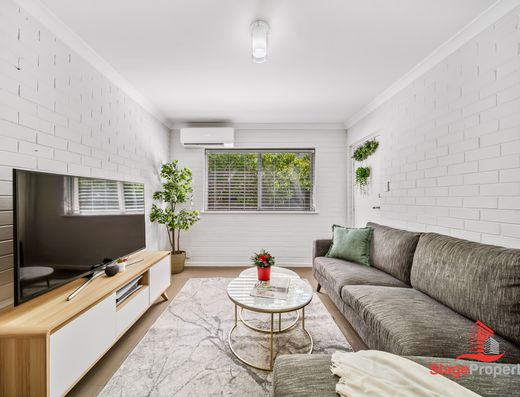Renting your Property – Furnished or Unfurnished?
Before you make any decision about renting out your property furnished or unfurnished – it is important to understand your Tenant demographic. A typical suburban house suitable for a family is very unlikely to benefit from being furnished – in fact, it might prove a distinct disadvantage. However, if you have an inner-city apartment, you might attract a corporate client who wants to have a property where they can relax, cook their own meals, etc. rather than staying in hotels for months at a time. Very high-end furnished properties could attract celebrity visitors (touring musicians/actors) or company executives on short term contracts. Alternatively – if your property is near a University, then a furnished apartment or house would be very desirable to overseas students or Tenants who have not yet managed to acquire their own goods.
The options to rent out your property are:
- Fully Furnished and Equipped – All goods including key furniture items, white goods, Kitchen items, bed linen and towels, etc. Basically everything except clothes and toiletry/personal items.
- Fully furnished – All furniture items including white goods and TV. But no linen or kitchen utensils.
- Partly furnished – Key furniture items like lounge suites, beds and dining room furniture.
- White Goods – Refrigerators, Washing Machines, Dryers, Dishwasher and Microwaves.
- Unfurnished – this can still contain fixed items like Dishwashers and sometimes Washer/Dryers particularly in Apartments.
Fully or partly furnished properties are more likely to be suited to short term rentals. Whilst you will be able to obtain a higher weekly rental for these properties, there are some important considerations with regard to extra costs too:
- Cost of furnishing and maintaining goods
- More leasing/advertising fees due to higher turnover of tenants
- Possible increase in insurance premiums
- Additional cost of undertaking inventory for fully furnished properties
Offering white goods only – particularly in inner city apartments or in properties near a University could be very attractive and the cost of these goods could be recovered very quickly with the extra rent you can charge. If you are doing this, ensure you take advantage of extended warranties and make sure that you are covered for these items in your Landlord Insurance.
The flip side of this is that you can charge more for furnished apartments and there could also be a reduction on wear and tear on paintwork and floors as furniture is not being moved in and out of the premises. It is also advisable to speak to a Taxation Accountant who can advise on what you can claim for depreciation.
If you are unsure – it is also possible to “hedge your bets” and offer the property unfurnished at $xxx a week or furnished at $xxx per week.









